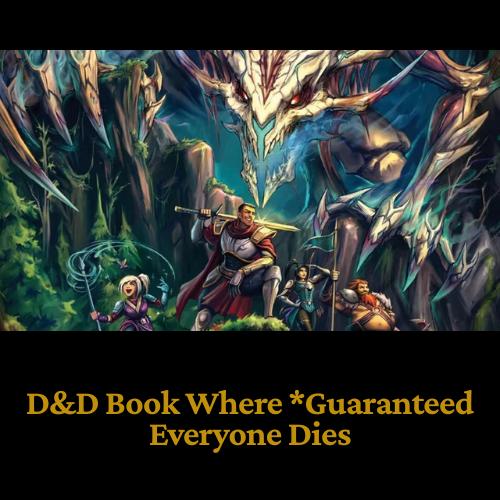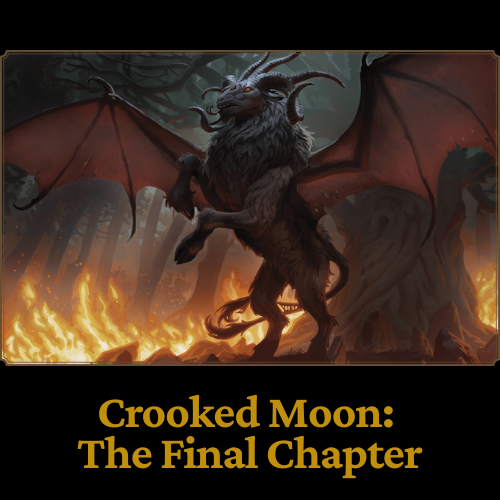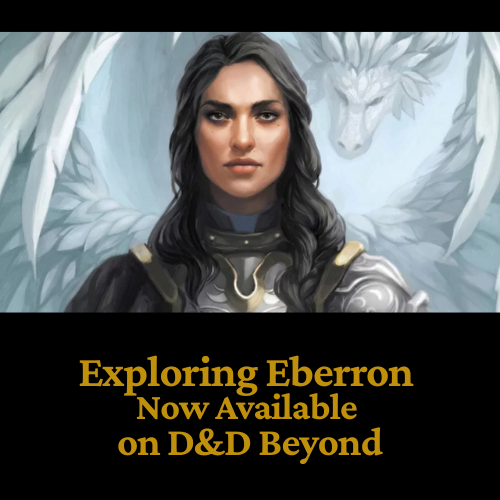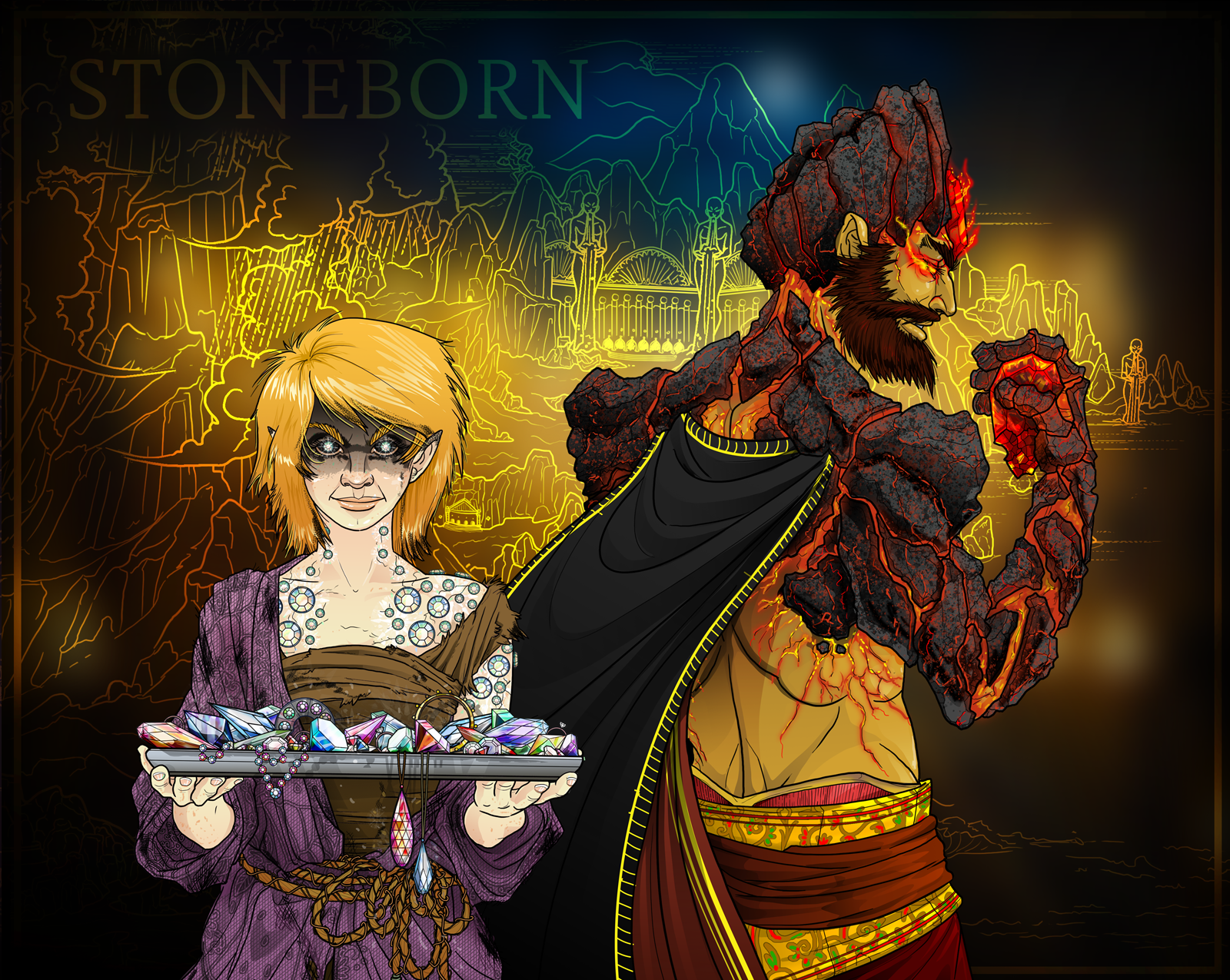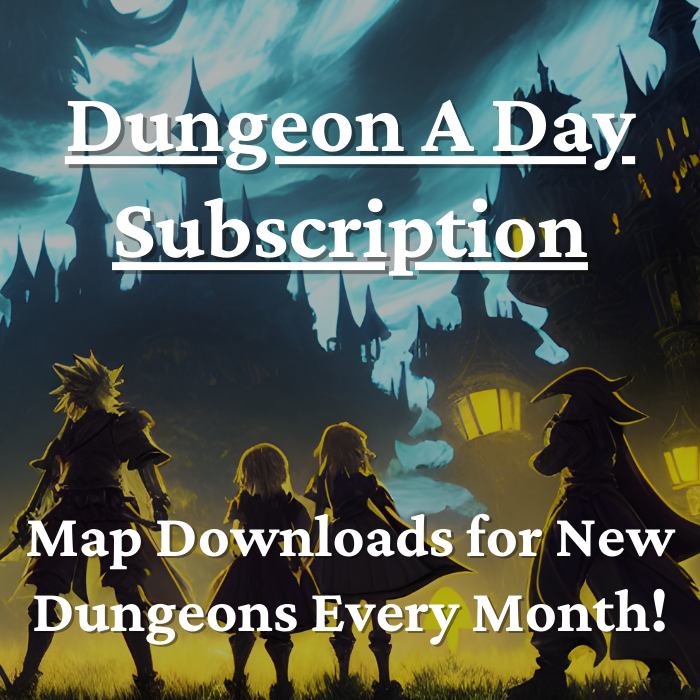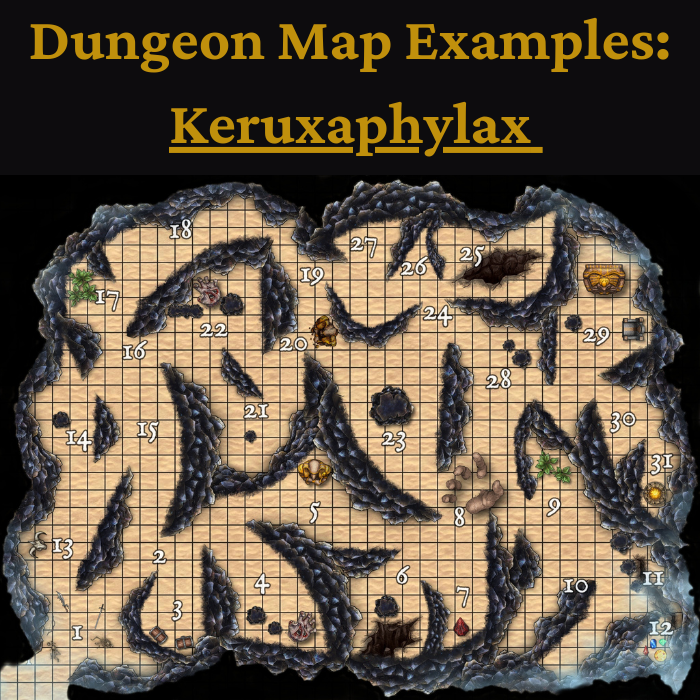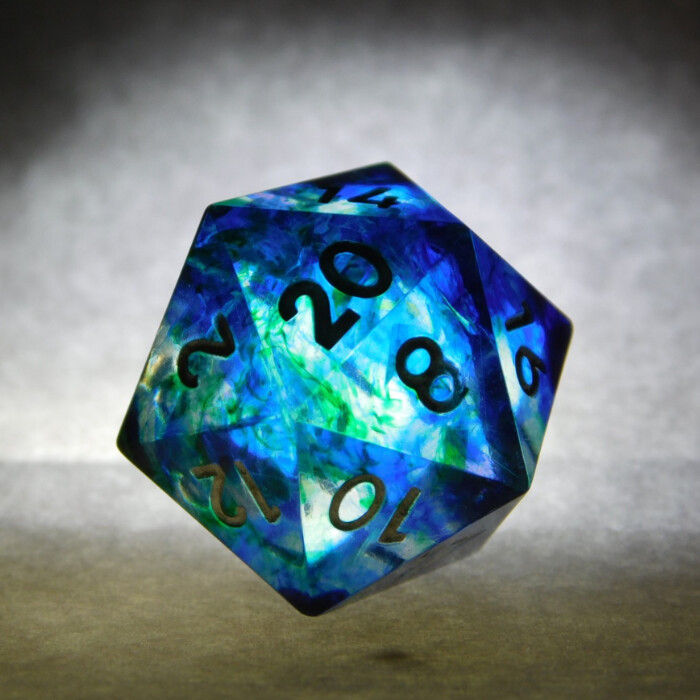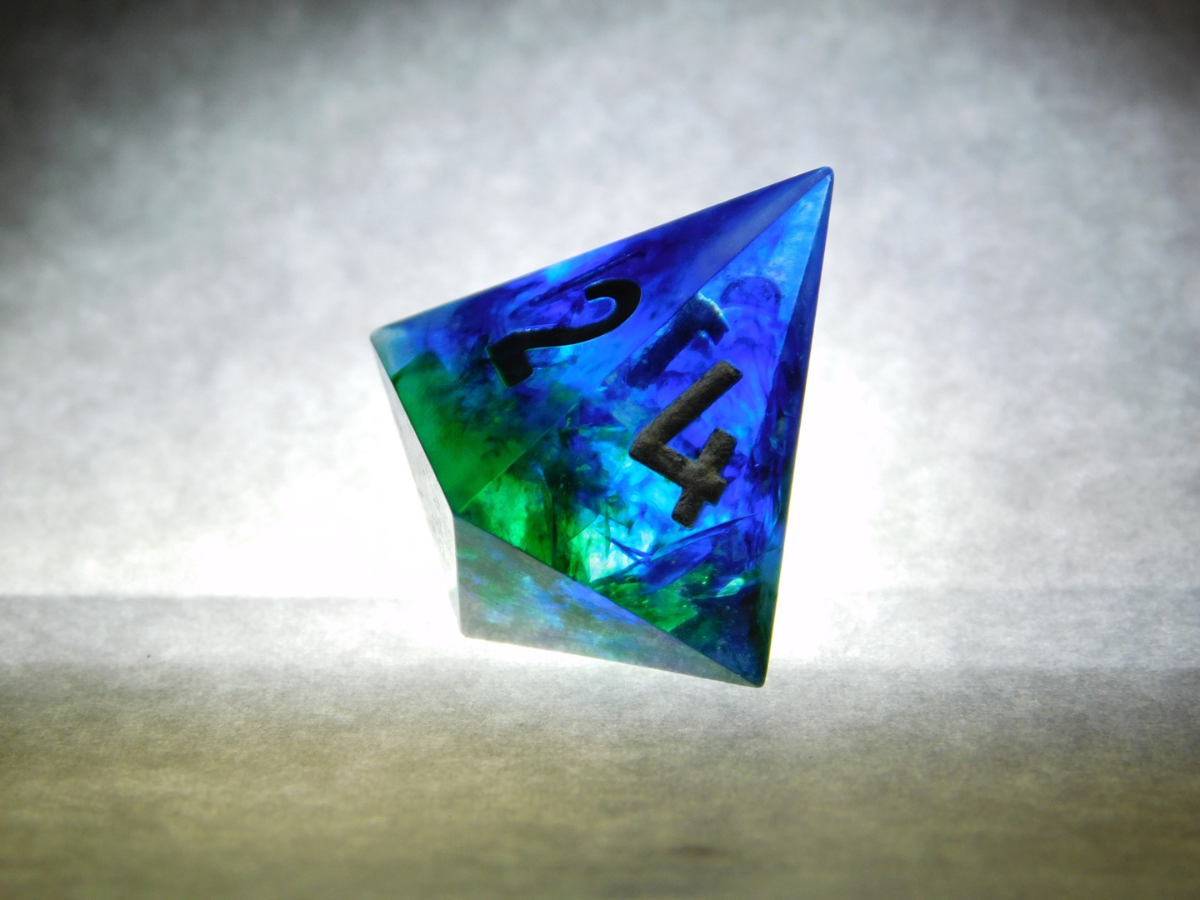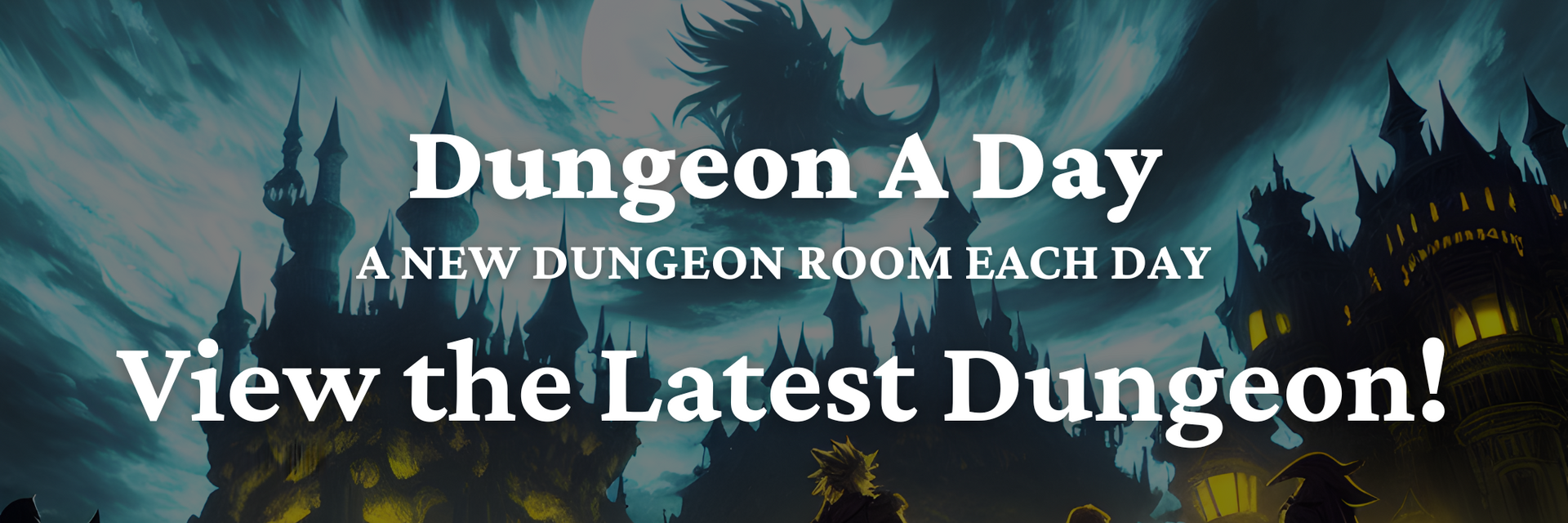Bonus Action 5e Insights and Strategies
In D&D 5th edition, bonus actions are a crucial part of combat and gameplay. They provide players the ability to take an additional action during their turn, allowing use of unique abilities, spells, and other features that can be used to turn the tide of battle.
While not every turn in battle will involve the use of a bonus action, understanding how to use them effectively can be the key to victory in many challenging encounters. Whether you’re a seasoned player or new to the game, it’s important to master the use of bonus actions. The bottom line is that they’re a fun and rewarding aspect of gameplay that can help you get the most from your DnD one shots or ongoing RPG campaign.
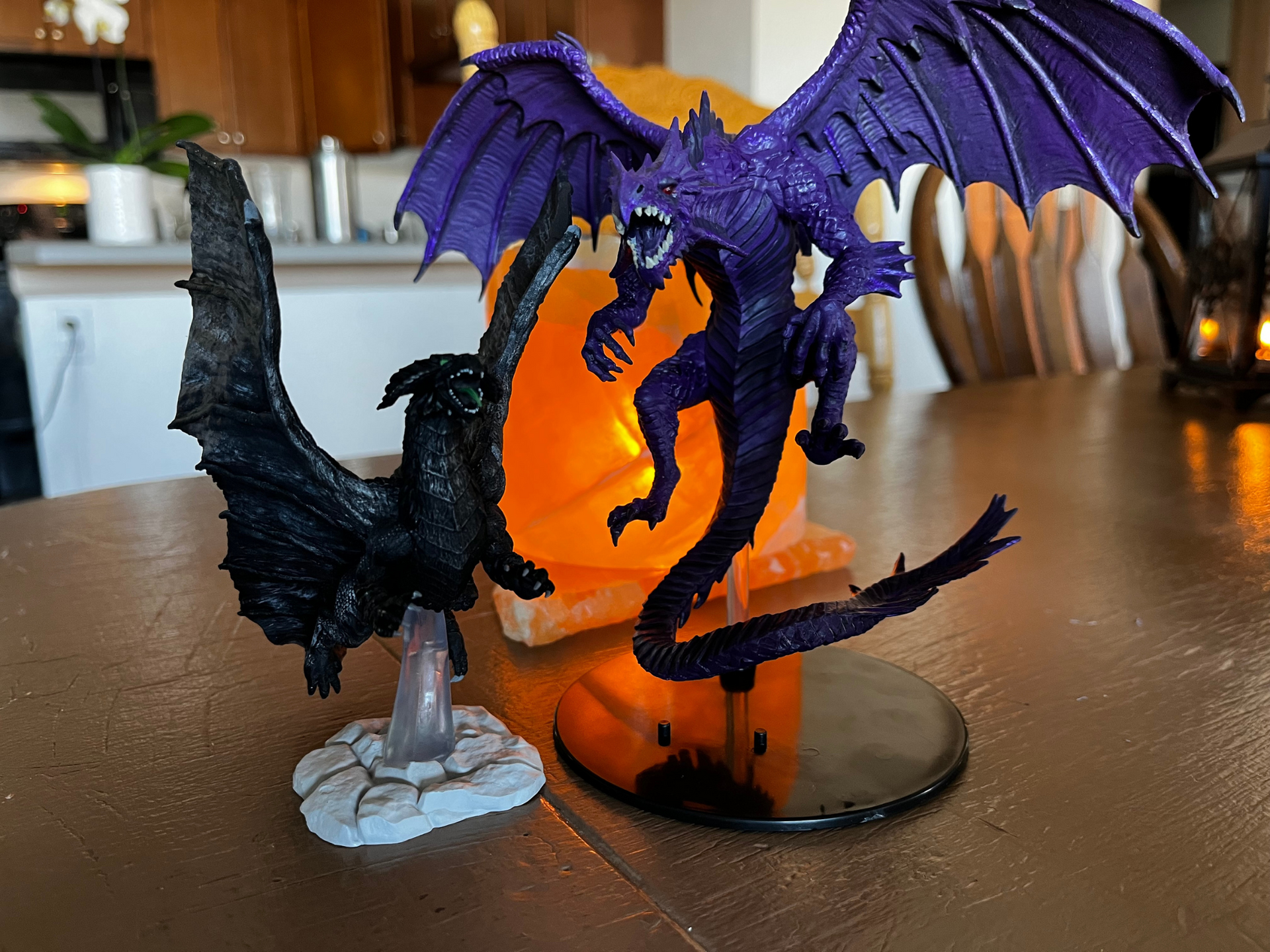
Get Ahead in D&D: Understanding Bonus Actions 5e
The use of bonus actions in D&D 5e can be a game-changer. Whether you’re a wizard looking to cast a quickened spell, or a fighter hoping to get in an extra attack, understanding when and how to use bonus actions can greatly enhance your effectiveness in the game.
Examples of Bonus Actions by Class
Classes and subclasses have specific features and abilities that can be used as bonus actions, allowing players to customize play style and tactics. Here are some examples of bonus actions for each class:
- Barbarian: Rage, Second Wind
- Bard: Bardic Inspiration, Healing Word
- Cleric: Spiritual Weapon, Healing Word
- Druid: Shillelagh, Wild Shape (when applicable)
- Fighter: Second Wind, Shield Master’s Shove
- Monk: Flurry of Blows, Patient Defense
- Paladin: Lay on Hands, Divine Smite
- Ranger: Hunter’s Mark, Two-Weapon Fighting
- Rogue: Cunning Action, Second Wind (if your subclass permits)
- Sorcerer: Quickened Spell, Metamagic
- Warlock: Hex, Eldritch Blast (with Agonizing Blast invocation)
- Wizard: Arcane Recovery, Quickened Spell (if your subclass permits)
Primary Types of Bonus Actions
Bonus actions can be used in various scenarios. Of course, there are primary categories for what bonus actions actually “do,” so we’ll take a look at those first.
Dealing Additional Damage
One of the most common and effective uses of a bonus action 5e is to deal additional damage to enemies on your turn. Several classes have bonus action abilities and spells that allow for explosive turns. The rogue’s Sneak Attack or the cleric’s Spiritual Weapon, for example, allow you to maximize your character’s damage output, and take down enemies more quickly.
Healing and Support
Bonus actions can also be used to provide healing and support to allies. Several classes have abilities that allow them to use their bonus actions to heal themselves or other party members, such as the paladin’s Lay on Hands or the cleric’s Healing Word. Even though bonus action heals aren’t as powerful as those from primary actions, they’re still incredibly useful, especially during difficult encounters, and can absolutely help your party avoid a TPK.
Movement and Positioning
Oftentimes, battles can be won or lost simply because the party has superior positioning over their foes, or they’re simply able to attack, when their enemies are not. Several classes have abilities that allow players to use their bonus actions to disengage, dash, or hide, such as the rogue’s Cunning Action, or the monk’s Step of the Wind.
Buffs and Debuffs
One of the best ways to take advantage of your bonus action 5e is to buff yourself or allies, or debuff enemies. Several classes have abilities that allow them to use their bonus actions to cast spells or abilities that provide buffs or debuffs, such as the bard’s Bardic Inspiration or the warlock’s Hex. Though buff and debuff modifiers are often quite small, they certainly add up over the course of a combat encounter.
Interactions and Utility
Bonus actions also allow players to interact with their environment in unique ways, and perform utility actions. Several classes have abilities that allow them to use their bonus actions to use object or open doors, without “using up” primary actions, such as with the rogue’s Fast Hands.
Unleashing Devastation: Bonus Action Combos
Some bonus actions can be optimized by combining them with other actions or features:
- A fighter might use Shield Master’s Shove as a bonus action to knock an enemy prone, and then follow up with an attack as their regular action with advantage.
- A sorcerer might use Quickened Spell to cast a spell as a bonus action and then follow up with a regular spell as their primary action.
- A rogue could use their Cunning Action bonus action 5e to hide and then use their Sneak Attack feature to deal extra damage to an enemy.
- A paladin may use their Lay on Hands ability to heal themselves as a bonus action and then use their Divine Smite ability to deal extra damage on their regular attack.
Powerful Bonus Action Combos with Your Allies
Combining bonus actions between classes can also be an even more powerful strategy in D&D. Certain classes complement each other well, and combining their bonus actions can result in devastating effects.
These are just a few examples of the many possible combinations of bonus actions between classes. The key is to look for ways to complement each other’s strengths and abilities and to communicate and coordinate effectively with your party. By doing so, you can create powerful synergies and make the most of your bonus actions in D&D 5e.
Rogue and Ranger
The rogue can use their bonus action to hide, which grants them advantage on their next attack. The ranger, in turn, can use their bonus action to attack with advantage, resulting in both classes unleashing a big turn of increased damage.
If you can combo with your ally to deal a burst of damage to an enemy, it increases the chances they won’t receive healing or defensive effects in time to save them, which can end the fight with a flair.
Cleric and Paladin
On the defensive side, a cleric and paladin can synergize very well together to keep allies alive.
The cleric can use their bonus action to cast a spell that grants temporary hit points or healing to an ally. Meanwhile, the paladin can use their bonus action to provide additional healing. Together, especially if primary actions are used to heal or defend allies, the two can practically bring an ally back from the brink of death, in even a single turn.
Sorcerer and Warlock
Spell casters come with a wide variety of effects they can employ. For example, a sorcerer can use their bonus action to cast a quickened spell, which allows them to cast a spell as a bonus action instead of a normal action. The warlock, in turn, can use their bonus action to activate an Eldritch Invocation, such as Hex or Armor of Shadows. This combination allows the casting team to deal additional damage to foes and also buff themselves, or debuff enemies, in the same turn.
Fighter and Barbarian
For raw, in your face damage output, a fighter and barbarian team are almost unmatched. The fighter can use their bonus action to make an additional attack thanks to their Action Surge ability. The barbarian can then use their bonus action to rage, which grants them resistance to damage and increases their damage dealt.
Against enemies who are within reach of your physical attacks, Action Surge and Rage provide an intimidating increase to your offensive capabilities.
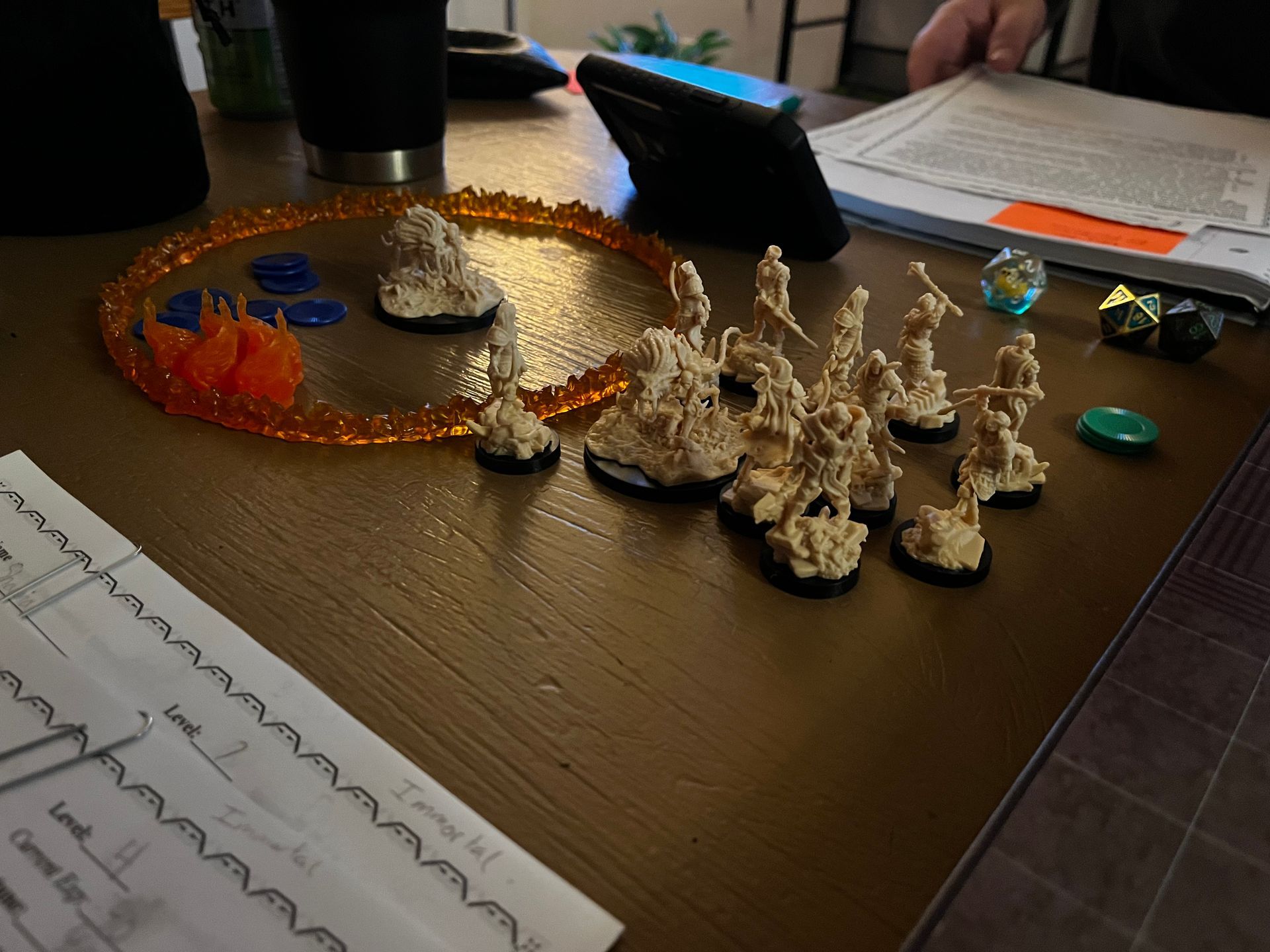
What Are Bonus Actions in D&D 5e?
Ok, back to the basics for a second, in case you need to learn these facts. A bonus action 5e is a special type of action that players can take during their turn in addition to their regular action. Bonus actions are typically shorter and less powerful than regular actions, but can be used to perform specific actions that can give players an edge in combat or other situations.
How Do Bonus Actions Work?
Players can take one bonus action per turn, provided they have a valid action to use it with. Additionally, abilities, spells, and features may have specific requirements or triggers to use bonus actions, so it’s important to read the description of each bonus action carefully.
Players should also note that bonus actions cannot be used to take the same action that was used for their regular action, meaning that they cannot cast the same spell twice – as an example.
Timing Is Key: When to Use Bonus Actions in D&D 5e
When it comes to using bonus actions in D&D 5e, timing is everything. You should carefully evaluate your options on a turn-by-turn basis. While bonus actions can provide powerful benefits, they’re limited in availability, so it’s important to determine when to use your bonus actions to gain an advantage. Many bonus actions require a short rest, per use, and characters can only use one bonus action per turn.
Bonus Actions in D&D 5e vs. Eternity TTRPG
In D&D, bonus actions often require some kind of recharge period (usually a short rest) between uses, meaning that many bonus actions can only be used once per battle. Additionally, players only get one bonus action per turn.
In the Eternity TTRPG Game System, the term is different, and the restrictions are actually less, but the concept of a bonus action is the same. In Eternity TTRPG, an “Instant Action” is any action that can be used – as the name suggests – instantly. In some cases, instant actions are restricted to being used on your character’s turn, but in most cases, they can be used at literally any time.
Since Eternity TTRPG also uses a dynamic Initiative Tracker for combat (as opposed to a “static initiative, where everyone’s turns are in a stable order once combat begins), instant actions provide a great deal of things your character – or other peoples’ characters – can “do” even when it isn’t specifically your turn.
What Classes in Eternity TTRPG have Bonus Actions?
Being able to engage with the game directly, even when it isn’t your “turn,” is one of the core game design concepts of the Eternity TTRPG Game System. So, every single class has an instant action/ bonus action of some kind. Probably half of all classes have a bonus action that provides only a self-buff, but at least half of all classes have a very dynamic bonus action that can be used offensively, to heal allies, move, increase range on attacks, etc.
Since there are simply too many instant actions to list, here’s a sample of some of the game’s most iconic bonus action-like core class spells and abilities:
Assassin – Core Class Ability
Ambush: this ability can only be used at the start of a battle, before Initiative is rolled. Instant Action, take one Action of any kind. When you use or critical this ability, you can’t use any more Wisdom this turn. 1Day Recharge.
- (Life-Ender) You also gain two (2) stacks of “Lethality.”
- (Infiltrator) You also move your Speed value.
- (Expert) You can use this ability twice before it goes on Recharge (but not during the same battle). This Critical still takes only 1Wisdom to use.
Cryomancer – Core Class Ability
Icy Enervation (Magic): 4Range, this spell automatically hits. Every time the target attacks, roll d20. If you roll 18-20, they take 1damage (deals 2damage to pyromancers). You can only deal damage with this spell once per turn, per target. You can instead choose to continually maintain this spell as an aura for 3Intelligence, per target you want to cast at, making it an Instant Action at the start of every battle.
- (Frost Knight) The target also has -13Strike Bonus and -13Faith for their next attack.
- (Spells of Everwinter) Up to 3 enemies in 4Range.
- (Elemental Ice) Roll 15-20. You can instead choose to continually maintain this critical as an aura for 6Intelligence (and 0Wisdom), per target you want to cast at, making it an Instant Action at the start of every battle.
Legionnaire – Core Class Ability
Blood Draw: weapon Range, Strike Bonus vs. Dodge. If this ability hits, roll d20 on every one of the target’s turns. If you roll 18-20, they take 1damage. Once the target drops to half of their max HP (rounded up), this ability cannot be dispelled or removed in any way, and you only need to roll 14-20 to hit, causing them to take 1damage. You can instead choose to continually maintain this ability as an aura for 3Intelligence, per target you want to use it on, making it an Instant Action at the start of every battle.
(Double-Hit): roll 5 numbers less to hit.
- (Bringer of Balance) Roll 15-20 when the target has more than half of their max HP (rounded up). Roll 7-20 when the target has only half of their max HP left (rounded up). You can instead choose to continually maintain this critical as an aura for 6Intelligence (and 0Wisdom), per target you want to use it on, making it an Instant Action at the start of every battle.
- (Art of War) Even if this ability misses, +7Strike Bonus vs. Resilience, Taunts the target for 2turns. This critical effect cannot Double-Hit or give a Block.
- (Blade Disciple) Even if this ability misses, +7Strike Bonus vs. Resilience, the target also has -3Speed. You can instead choose to continually maintain this critical as an aura for 6Intelligence (and 0Wisdom), per target you want to use it on, making it an Instant Action at the start of every battle.
Pyromancer – Core Class Ability
Meltdown (Magic): Instant Action. 4Range, -7Faith vs. Resilience, the target is Locked for 1turn. If you hit with this spell while you are affected by “Fire Augmentation,” it also allows you the chance to apply that effect.
If you critical this spell, you can’t use any more Wisdom this turn. “Meltdown” cannot Double-Hit or give a Block. 3turn Recharge.
- (Flames of the Abyss) Even if this spell misses, you gain +3Faith.
- (Magic of the Silver Lands) Up to 3 enemies in 4Range, Faith vs. Resilience, all affected targets are Locked for 3turns.
- (Elemental Fire) You can only use this critical if you have “Arcane” selected. You also attack the enemy using a non-critical “Arcane Burn” in the same turn.

Additionally, here are some of Eternity TTRPG’s most iconic specialization/ critical option instant actions:
Berserker – Specialization/ Critical Option
Mortal Throw: throw your main hand and off-hand weapons 4Range, -7Strike Bonus vs. Dodge to hit (Strike Bonus not debuffed by “Dual-Wield”), deals 1damage. Move your Speed value -3 before or after this attack. After you throw your weapon, it returns to you, even if the attack misses.
(Double-Hit): deals 2damage.
- (Dauntless Fury) You can use this critical as an Instant Action when you drop to 0HP. When you use this critical, you can’t use any more Wisdom this turn.
Fallen Paladin – Specialization/ Critical Option
Life Eater (Magic): after you cast this spell on yourself, whenever an ally or enemy in 12Range takes damage, roll d20. If you roll 16-20, heal one ally in 4Range, +1HP. This spell allows the target to heal 1HP above their normal max HP. You can only cause healing with this spell once per turn. Healing from this effect also Fatigues the target, giving -1Resilience, -1Dodge, and -1Will for 1Day Duration (can stack without limit). You can instead choose to continually maintain this spell for 2Inspiration.
- (Sword of Shadows) You also take an additional non-critical Instant Action the next time you attack a target. You can instead choose to continually maintain this critical for 5Inspiration (and 0Wisdom), until this effect takes place.
Judge – Specialization/ Critical Option
God Save the King (Magic): weapon Range, +7Strike Bonus vs. Resilience or 4Range, +7Faith vs. Resilience, Taunts the target for 2turns. “God Save the King” cannot Double-Hit or give a Block.
- (Swift Justice) You can use this critical if an ally takes damage. Instant Action. When you use this critical, you can’t use any more Wisdom for 1turn. 1turn Recharge.
Oracle – Specialization/ Critical Option
Greater Dispel (Magic): 4Range, Faith vs. Resilience, removes all stacks of one ongoing Magic, maintained effect, or status effect from the target (excluding summons), at your choice. Or alternatively, 4Range, +5Faith vs. Resilience, deals 1damage to a summoned unit.
This spell is cast on any target you’d like, but the roll is made against the character who cast the spell or used the ability you are attempting to remove, unless the target is a summon.
(Double-Hit): removes all stacks of 2 ongoing Magic or maintained effects (excluding summons). Or alternatively, if cast at a summon, deals an additional 1damage to the summoned unit.
- (Memories of Eternity) Instant Action. When you use this critical, you can’t use any more Wisdom this turn. 1turn Recharge.
Strategies for using Bonus Actions in Eternity TTRPG
As a powerful debuff against spell casters, Silence allows you to prevent magical healing, zero out enemy spell damage, and even interrupt ongoing magical buffs or debuffs.
Immediately Buff Yourself and Allies
In the Eternity TTRPG Game System, it’s basic to start off every fight with maxed out buffs, based on your character’s stats. Since buffs can be “Maintained” via your character’s “Inspiration” stat, you can effectively instant action buff yourself at the start of every fight – and you absolutely should, as you can count on enemies doing the same.
Cast Debuffs at the Perfect Time
Sometimes, it’s best to instant action debuffs on enemies from the very start of every combat encounter, especially if that debuff compounds in power over time. However, it’s sometimes best to wait until your enemy’s about to cast a big spell or unleash a powerful attack on your or an ally to lower their attack chance, for example.
With instant actions, you can choose when to interrupt spells, abilities, attacks, movement – really anything you want. The only limit to finding the perfect timing for breaking down your enemy’s strategy is your own creativity.
Overwhelm Enemies
I personally enjoy building characters with super low initiative. The reason is that by avoiding any stats increases into initiative, I can load up on other stats like my hit chance or defenses. Plus, it doesn’t matter that I have low initiative, so long as you build with instant actions.
Classes like the revenant, for example, have all kinds of status effects they can bonus action cast on enemies, all simultaneously. So, even though my character is super slow, I may actually start every battle with 3-4 instant cast spells. Finally, in Eternity TTRPG, debuffs also trigger every time the target of your spell takes their turn, meaning that if I’m slow and they take turns more often than me, they actually get almost double-debuffed from my spells.
Give Yourself Force Multipliers
Consider situations where you can multiply the beneficial effects that you gain from instant cast spells and abilities. For example, the “Haste” archon spell gives you extra turns. Well, if you also give yourself a relic that provides you with the fallen paladin “Blood Spiller” ability, then you get a chance to deal extra damage whenever you attack, plus you get extra turns that also give you the “Blood Spiller” effect, again.
Finish Off Powerful Enemies
Healing in Eternity TTRPG is pretty simple, and it’s powerful. It does come with some long-term drawbacks, but if you’re fighting a major villain who has henchmen that can heal him when he drops to low HP, you may have a problem on your hands.
One of the best ways to use instant/ bonus actions is to quickly deal a burst of damage large enough to drop the enemy to 0HP in one fell swoop. If you can save your instant action burst for an opportune moment, though you may be itching to use it through the entire encounter, you’ll be the hero of the battle once that final blow is dealt.
Save Allies from the Brink of Death
As defensive powers, instant actions are also game-changers. Some classes, such as the paladin, have instant heal effects that bring an ally back from 0HP. These effects are also incredibly useful as they heal an ally back to 1HP even if they took damage from a massive attack that would otherwise have left them far in the negatives.
Try Out the Eternity TTRPG Game System
Whether you’ve played D&D for many years or you’re new to TTRPGs, check out the Eternity TTRPG Game System. Eternity is a self-published game that I created back in college, and even now, continues to receive regular updates.
Eternity TTRPG is a GM-less game where all players at the table can contribute to the game’s world, overall story, and overall individual quests as much or little as they like. You can pick up a PDF copy at the Eternity TTRPG shop.
Finally, I know that getting into a new game system comes with a bit of a learning curve. However, if you enjoy the idea of contributing to your game’s story without always being the sole dungeon master, and if you like highly tactical combat, then I know you’ll enjoy Eternity. Happy gaming!
Dice, Dungeons, Games & More - Eternity TTRPG
Share This Article

Author - Jacob Tegtman
Dear reader, I hope you enjoyed this article. Tabletop gaming has been a passion of mine since I was 6 years old. I've played just about every game from Dungeons and Dragons to video games like Final Fantasy. These games have inspired me, made me laugh, made me cry, and brought me endless hours of enjoyment.
I started Eternity TTRPG - and the indie tabletop game that goes along with it (Eternity Shop) - to share my love of gaming with others. I believe that in our technology-driven age, tabletop games help bring a sense of magic and community back into our world.
If you love the site, please share it with others! I have lots of gaming-related material for you to peruse and use in your own gaming sessions. If you have any questions about the site or want to contribute, just send me a message using the "Contact" page, which you can find in the site's footer.
